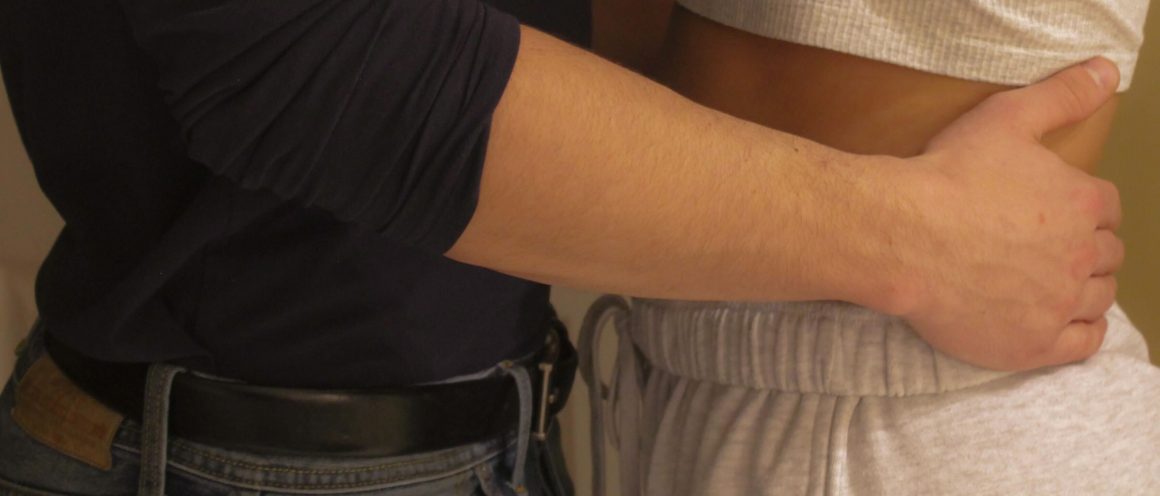
Alberta’s health curriculum is in need of a facelift
By Ava Zardynezhad, February 17 2023—
Alberta Education sure has a comprehensive program of study in place for the Health and Life Skills portion of their K–12 curricula, yet somehow, I don’t remember learning any of it when I was in school.
According to this outline, students need to learn about everything ranging from general wellness choices, to career and life choices, to the daunting topic of sexual health. But, all I remember learning from my grade nine music teacher during those two sessions of band we gave up for “health class” is, a) that you have to pinch the tip of the condom before putting it on, b) Freddy Mercury died with HIV-induced AIDS and c) nothing more than pure confusion about dermal contraceptive patches.
I also rather not get into the topic of Career and Life Management (CALM) in high school — because let’s be real, if we had the choice, we chose to do it online and if we didn’t, more time was spent criticizing the firmness of our handshakes rather than teaching us about sexual health.
To say that the Alberta health curriculum is lacking, however, is not necessarily addressing the problem. In its essence, the program of study for both K–9 Health and Life Skills and high school CALM is completely backwards.
The first exposure Albertan kids get to sexual activity is in the context of blood-borne disease, in grade six.
“Examine and evaluate the risk factors associated with exposure to blood-borne diseases — HIV, AIDS, hepatitis B/C; e.g., sharing needles, body piercing, tattooing, helping someone who is bleeding, being sexually active,” reads the curriculum.
Throughout grades seven to nine, the curriculum exposes students to sexual development, sexual violence, social influencers on sexual matters, decision makes in sexual relationships and last but not least, “[examining] abstinence and decisions to postpone sexual activity as healthy choices.”
Time and time again, we’ve learnt that in the society we live in, abstinence promoting education does more harm than good. A lack of information around sex, is not protective, instead can lead to more destructive, uninformed behaviour — a reality our educational decision-makers seem to remain blind to year after year.
As we enter high school, the stance on abstinence remains with a few added bonuses — refer to page 12.
The outlined program seems neutral until you add the trauma and bias of having gone through the experience, with teachers that only seemed to focus on negative consequences of sexual activity and condemning students’ personal values when there was a lack of alignment between theirs and those of students.
It’s deficiencies like these that lead to sexual assault rates being highest among our province’s youth and walk-outs organized by students, demanding better sexual health education on topics like consent.
But, putting all the issues with the curriculum aside, I think the biggest issue with health education in our schools is that the modules are often being taught by band or English Language Arts (ELA) teachers, who are already overworked and underpaid and have too many things on their plates to care more than to tick a few checkboxes off the health curriculum and call it a day.
Maybe it’s idealistic and unrealistic, but I think the Alberta Education health curriculum can benefit from getting its own slot in our timetables and knowledgeable teachers, dedicated to the topic, who can address students’ questions and curiosities and help them explore this ever-changing and strange period of their lives safely.
This article is a part of our Opinions section and does not necessarily reflect the views of the Gauntlet editorial board.
